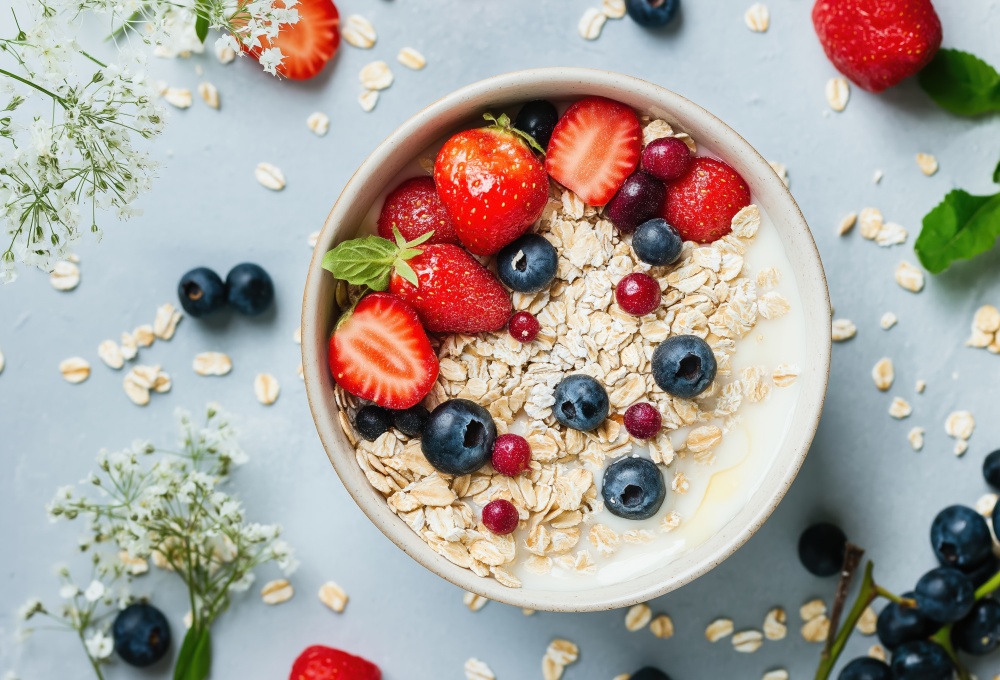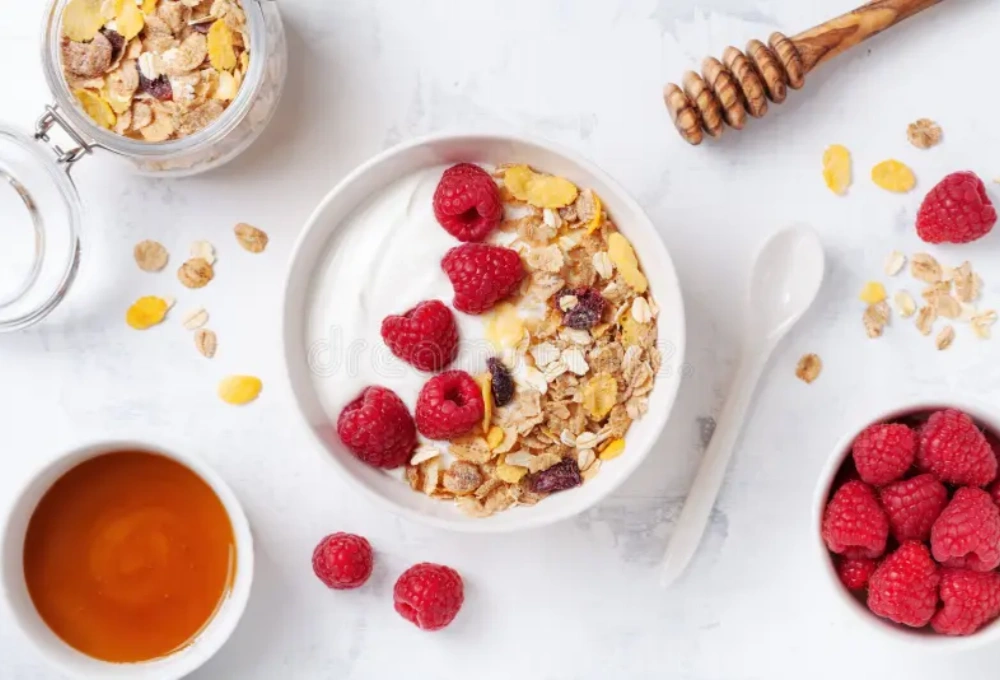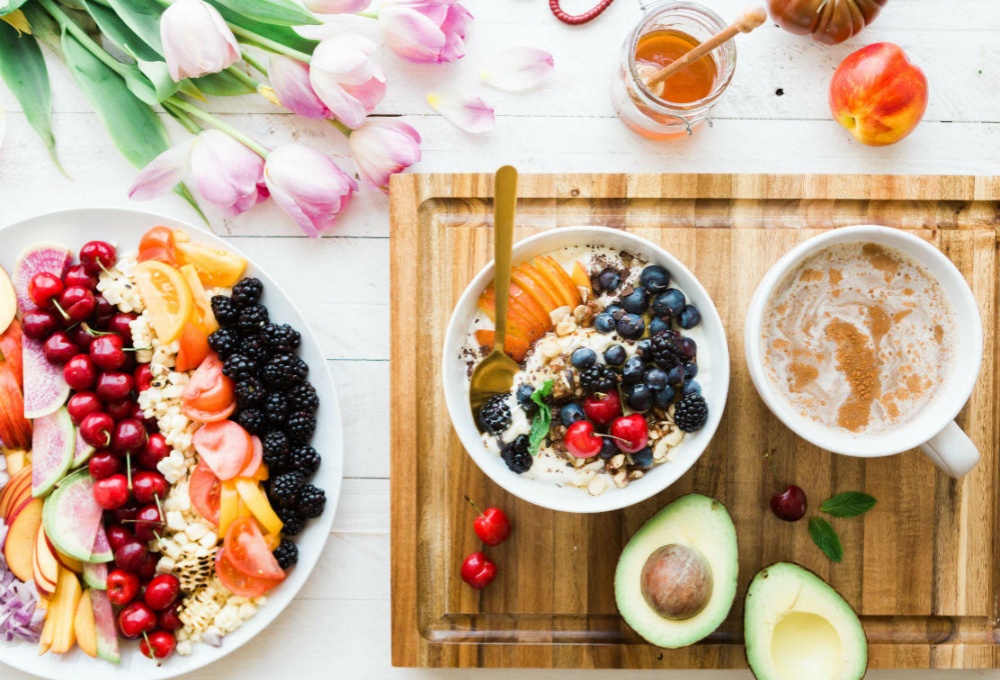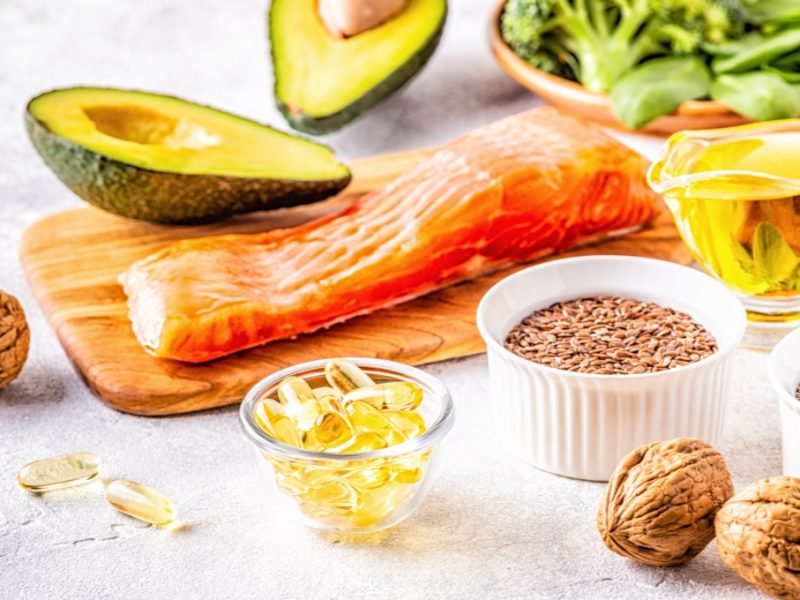A balanced diet comprises a mix of different food groups in the right proportions. This includes carbohydrates, proteins, fats, vitamins, minerals, and water. Each of these nutrients plays a vital role in our body and is necessary for good health.
Carbohydrates are the body’s main source of energy. They provide the fuel our bodies need to function and should make up about half of our daily calorie intake. Opt for whole grains like brown rice, oatmeal, and whole wheat bread, which are high in fiber and keep you feeling full longer.
Proteins are the building blocks of our body. They are essential for growth, repair, and maintenance of body tissues. Good sources of protein include lean meats, fish, eggs, dairy products, legumes, and nuts.

Fats, often misunderstood, are an essential part of a balanced diet. They are necessary for brain function, hormone production, and absorption of certain vitamins. However, it’s important to choose healthy fats found in foods like avocados, nuts, seeds, and olive oil, and limit intake of saturated and trans fats.
Vitamins and minerals are micronutrients that our body needs in small amounts. They play numerous roles in our body, from boosting our immune system to keeping our bones strong. A diet rich in fruits, vegetables, lean proteins, and whole grains will provide a good mix of these micronutrients.
Lastly, water is vital for life. It aids in digestion, absorption of nutrients, and elimination of waste. Aim for at least 8 glasses of water a day, more if you’re physically active or live in a hot climate.

Now that we understand the components of a balanced diet, the next step is portion control. Eating the right amount of food is just as important as eating the right kind of food. Overeating, even healthy food, can lead to weight gain and other health problems. Use tools like the “plate method” to help control portions – half your plate should be fruits and vegetables, a quarter lean proteins, and a quarter whole grains.
Regular physical activity complements a balanced diet and is crucial for maintaining a healthy weight and reducing the risk of chronic diseases. Aim for at least 30 minutes of moderate-intensity activity most days of the week.
Remember, a balanced diet is not about strict restrictions or depriving yourself of the foods you love. It’s about feeling great, having more energy, and improving your health. So, make the shift to a balanced diet and enjoy the myriad benefits it brings to your health and well-being.


